Introduction
Databases are the backbone of modern applications, and choosing the right type is crucial for performance, scalability, and flexibility. SQL (Structured Query Language) and NoSQL (Not Only SQL) are two main types of databases. While SQL databases have been around for decades, NoSQL databases like MongoDB are gaining popularity due to their flexibility and scalability. In this blog, we’ll compare SQL and NoSQL databases and explain why MongoDB stands out as the best choice in 2025.
Understanding SQL and NoSQL Databases
SQL Databases (Relational Databases)
SQL databases store data in a structured format using tables, rows, and columns. They follow a strict schema and use structured query language (SQL) to interact with the data.
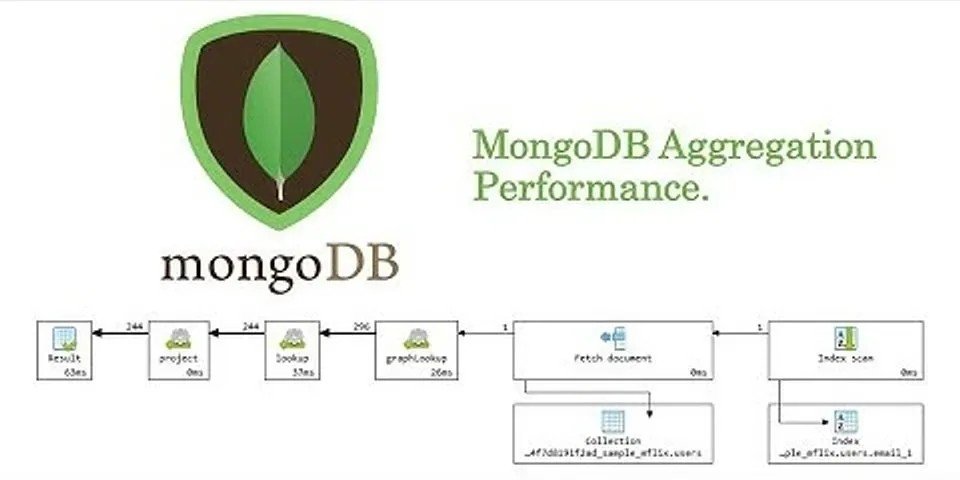
Key Features of SQL Databases:
- Structured Data: Uses predefined schemas.
- ACID Compliance: Ensures data consistency and integrity.
- Relational Structure: Uses joins to link related data.
- Scalability: Typically scales vertically (adding more power to a single server).
Popular SQL Databases:
- MySQL
- PostgreSQL
- Microsoft SQL Server
- Oracle Database
NoSQL Databases (Non-Relational Databases)
NoSQL databases provide a flexible way to store and retrieve data without requiring a fixed schema. They handle unstructured, semi-structured, and structured data efficiently.

Key Features of NoSQL Databases:
- Flexible Schema: Data can be stored in JSON-like documents.
- High Scalability: Typically scales horizontally (adding more servers to distribute data).
- Fast Performance: Optimized for big data and real-time applications.
- Distributed Architecture: Handles large amounts of traffic efficiently.
Popular NoSQL Databases:
- MongoDB
- Cassandra
- CouchDB
- Firebase
Why MongoDB Stands Out in 2025
Among NoSQL databases, MongoDB has emerged as a leader due to its advanced features, scalability, and ease of use. Here’s why it stands out:
1. Flexible and Schema-Less Data Model
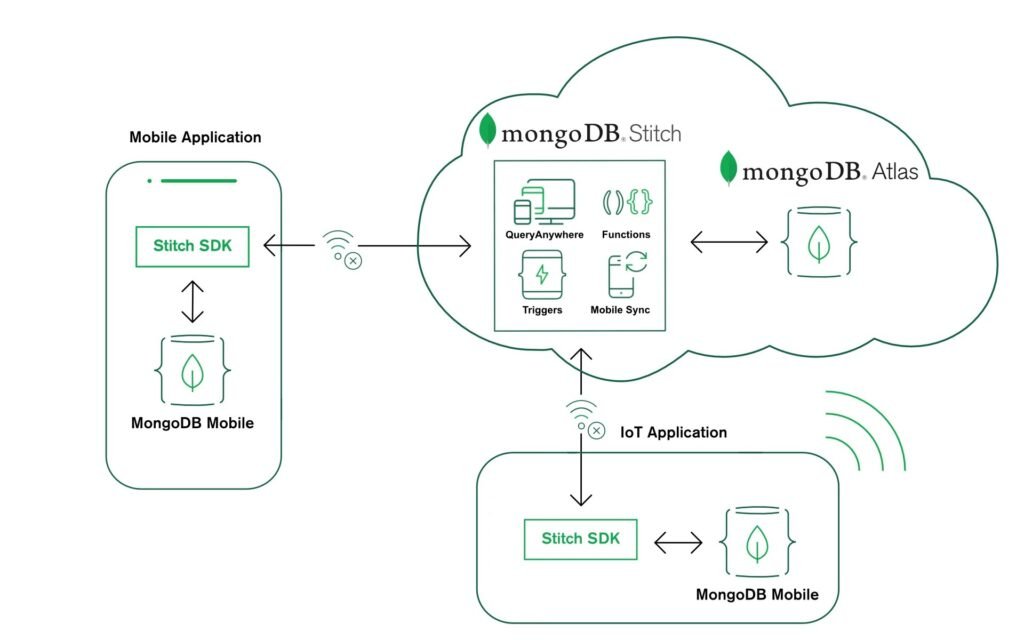
MongoDB stores data in BSON (Binary JSON) format, allowing developers to store dynamic and complex data structures without a predefined schema. This is perfect for applications where data structures change frequently.
2. Horizontal Scalability for Big Data Applications
MongoDB supports sharding, a feature that distributes data across multiple servers. This allows businesses to handle massive amounts of traffic and data efficiently, making it ideal for global applications.
3. High Performance and Fast Query Processing
- Built-in indexing speeds up query execution.
- Supports in-memory storage for real-time applications.
- Eliminates complex joins, improving read/write speeds.
4. Seamless Cloud Integration
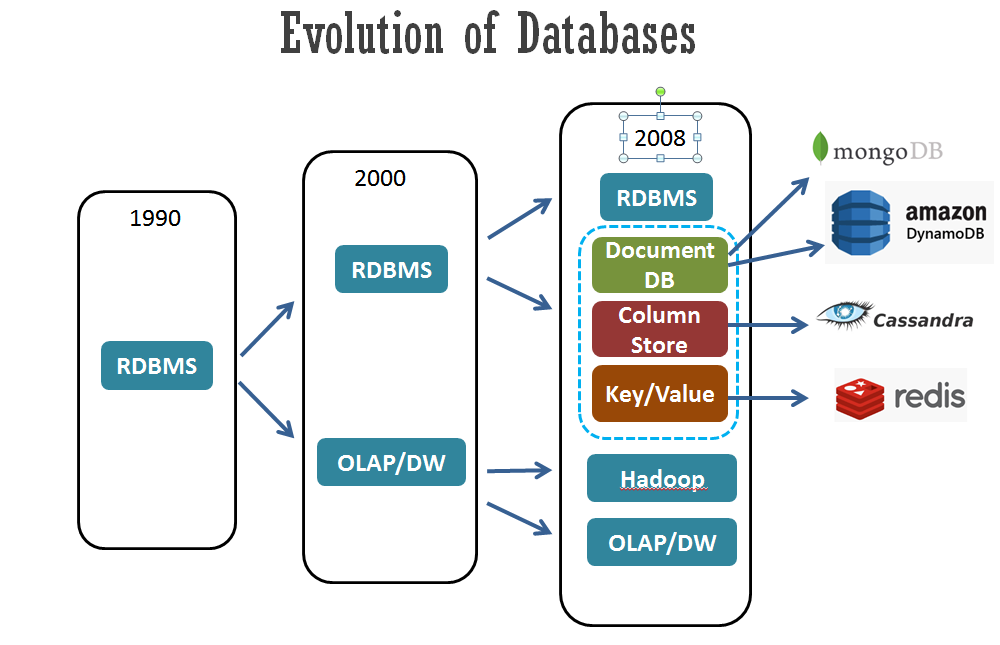
With services like MongoDB Atlas, developers can deploy databases in the cloud with automatic scaling, backups, and global distribution, making it a perfect fit for modern cloud-based applications.
5. AI, IoT, and Big Data Compatibility
MongoDB is widely used in Artificial Intelligence (AI), Internet of Things (IoT), and Big Data analytics because of its ability to handle large volumes of structured and unstructured data efficiently.
6. Strong Security Features
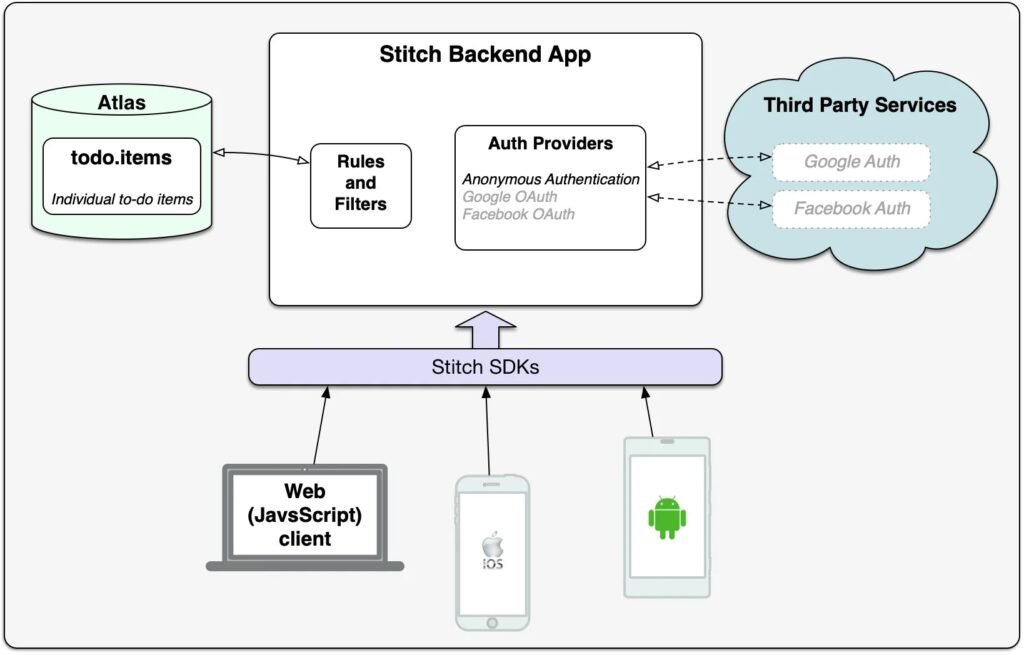
- Encryption: Data is encrypted at rest and in transit.
- Role-Based Access Control (RBAC): Prevents unauthorized access.
- Authentication & Authorization: Ensures secure data management.
When to Use MongoDB Instead of SQL Databases
MongoDB is ideal for applications that require:
- Fast-growing and changing data structures
- Real-time analytics and big data processing
- Scalability across multiple servers
- Cloud-native solutions and microservices architectures
- High-speed performance for large-scale applications
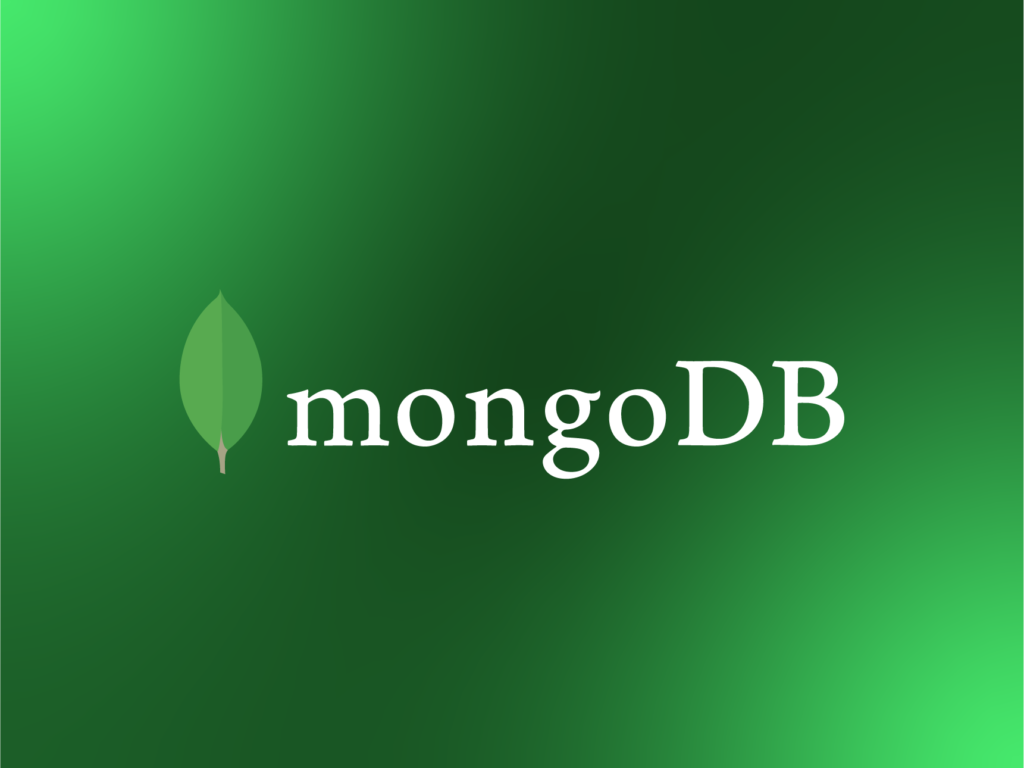
Conclusion
In 2025, MongoDB continues to lead the database landscape with its flexible schema, high scalability, and cloud-friendly architecture. While SQL databases are still valuable for structured and transactional applications, MongoDB provides the agility and performance needed for modern, data-intensive applications. If you’re building a scalable and future-proof web application, MongoDB is the best choice.
Are you ready to switch to MongoDB? Start leveraging its power today!
Keywords: SQL vs NoSQL, MongoDB advantages, MongoDB vs MySQL, NoSQL database benefits, database scalability, MongoDB for big data, cloud databases, database performance, MongoDB 2025

